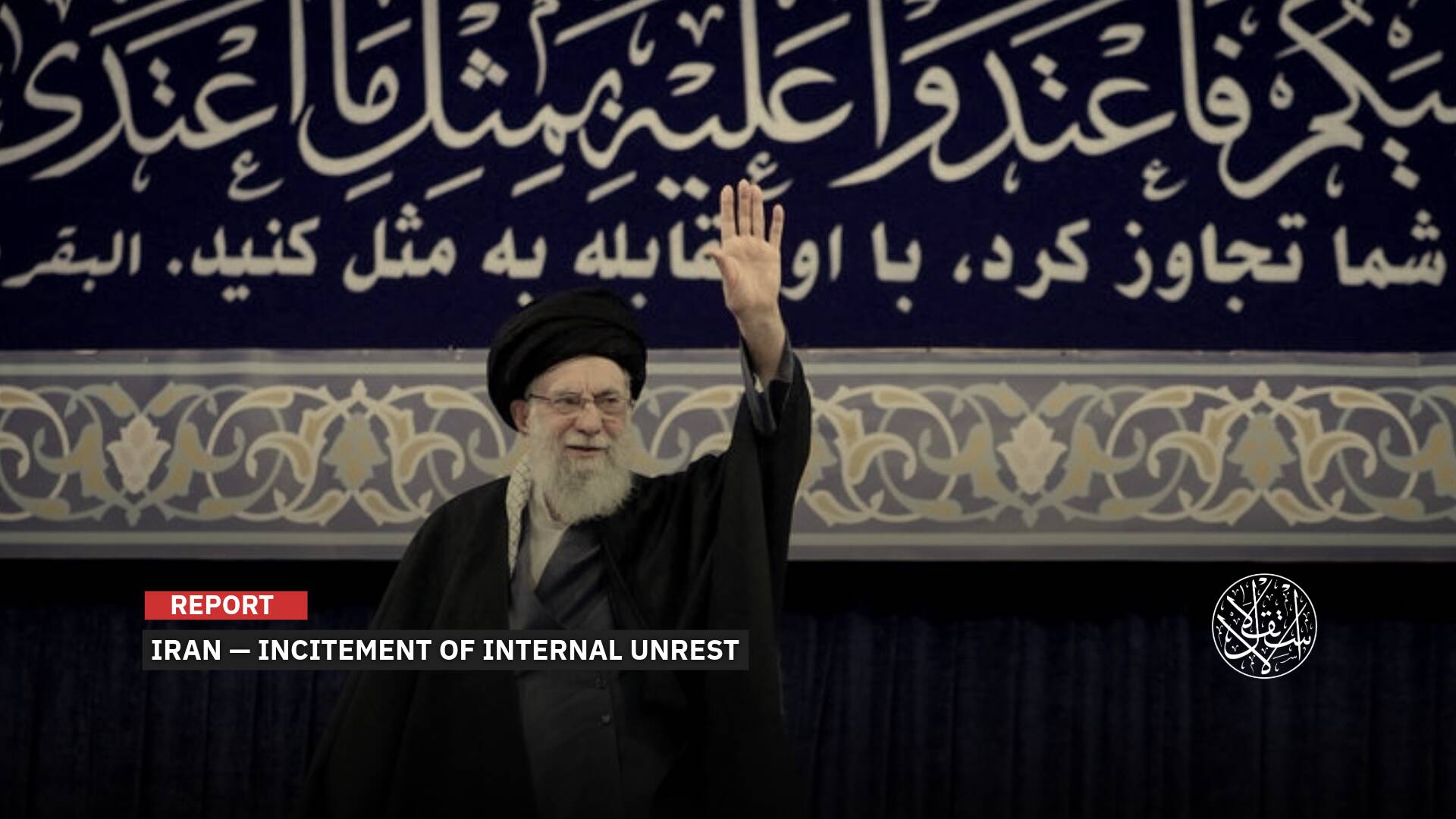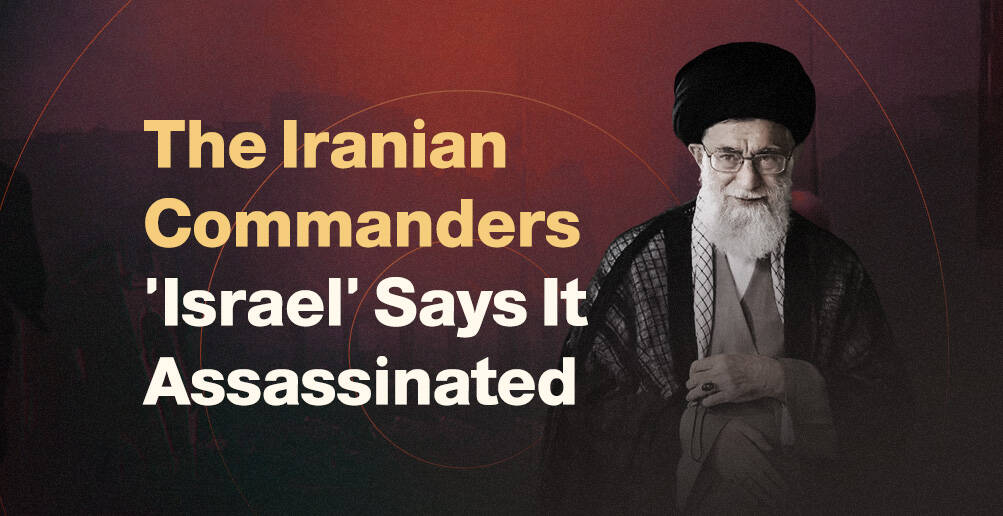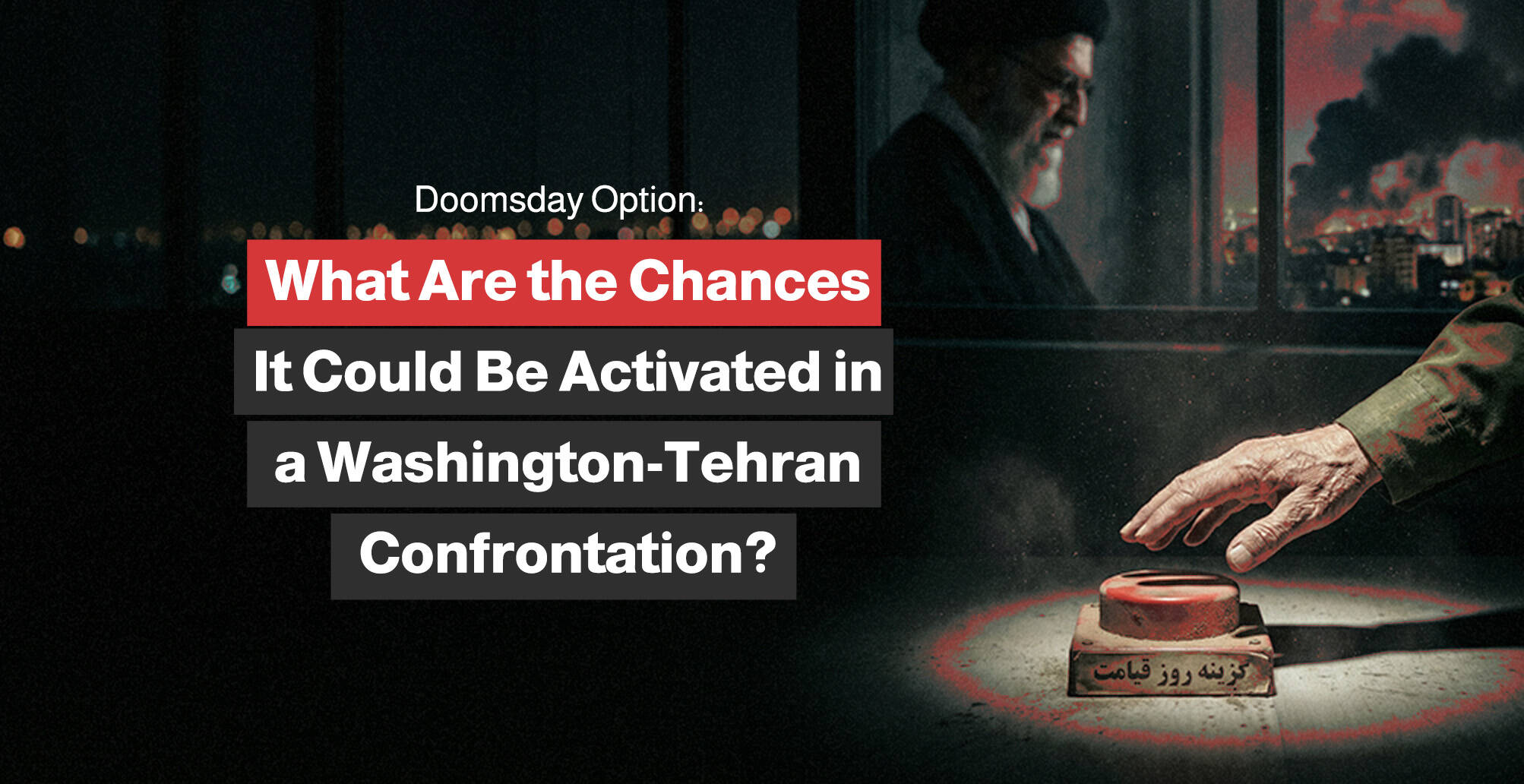Why Lebanese Politicians Avoid Handing over Riad Salameh for International Trial?

Lebanon has received an Interpol red notice for its embattled Central Bank Governor, Riad Salameh, the country’s Interior Ministry said last week, after France issued an international arrest warrant for him in a major corruption case.
Caretaker Interior Minister Bassam Mawlawi told Reuters that the notice was issued on Wednesday, and he informed Lebanon’s judiciary the next day.
“Whatever the judiciary says, we will do,” Mawlawi added.
Salameh, 73, sits atop the corrupt political power hierarchy in Lebanon, as he has been managing the Central Bank (Banque du Liban) for 28 years, protecting the funds of officials in a country engulfed in a severe economic crisis that has pushed 90% of its citizens into poverty.
Investigations by European countries into Salameh’s wealth have raised suspicions that he accumulated real estate and banking assets through a complex financial scheme, in addition to widespread misuse of Lebanese public funds. He seems to have finally “fallen into the trap.”

International Arrest Warrant
According to Lebanon’s caretaker interior minister, Bassam Mawlawi, the Ministry of Justice has received an Interpol notice for Central Bank Governor Riad Salameh. Mawlawi stated to Reuters on Friday that he would carry out the red notice if instructed to do so by the judiciary.
Mawlawi further clarified on May 19, 2023, that the Interpol red notice was issued a day prior, and the Lebanese judiciary received the notice the following morning.
A Red Notice is an international alert for a wanted person issued by Interpol to locate and arrest individuals wanted for extradition or to serve a sentence. It provides information about the wanted person and the crimes they are accused of, facilitating global law enforcement cooperation.
Simultaneously, the Lebanese judiciary received an international arrest warrant issued by a French judge against the governor of the Central Bank after his failure to appear before it as part of an investigation into allegations of embezzling hundreds of millions of dollars from public funds, an accusation Salameh denies.

Interpol cannot compel law enforcement agencies in any country to arrest a person against whom an arrest warrant has been issued.
This is the first arrest warrant announced in relation to investigations conducted by five European countries regarding the governor of the Central Bank of Lebanon, who was frequently seen at economic forums and upscale restaurants in Europe before becoming rarely visible in public, except for occasional television interviews where he defended his track record.
For a long time, Salameh enjoyed support from key figures in the Lebanese political elite, but this support appears to be rapidly fading after Prime Minister Najib Mikati stated that Salameh should resign from his position.
On May 17, Salameh was absent from a scheduled hearing in Paris, prompting the French judge to issue an international arrest warrant against him.
At that time, Salameh continued his work in his office in Beirut without making any changes to his routine at the Central Bank.
He even informed those present that the arrest warrant had no legal basis and that he would confront it according to legal procedures.
Corruption Charges
On April 21, 2023, the French judiciary filed preliminary charges against Salameh for forgery and money laundering, partly based on allegations of falsifying bank account statements to conceal his wealth.
Salameh is supported by politicians and businessmen from various Lebanese parties and sects, and their combined interests have ensured his position for decades, safeguarding the “financial corruption system” that undermines the slogans of political parties in a country built on a sectarian structure.
In February 2023, Lebanon’s Prosecutor General, Ghassan Oueidat, filed a lawsuit against Salameh for charges of illicit enrichment and money laundering, knowing that Lebanese laws prohibit the extradition of citizens to foreign countries and stipulate that they should be tried within the country.
It is expected that Salameh will be summoned for an investigative session by Ghassan Oueidat, the Public Prosecutor, after which the French judiciary will be asked to deposit his case file and decide whether the available evidence is sufficient to accuse and try him.
If the allegations of money laundering and illicit enrichment, among others, are proven, Salameh will be tried in Lebanon, according to a judicial source quoted by AFP, on May 19.
In an interview broadcast by Al-Hadath Saudi channel on May 18, Salameh stated: “My conscience is clear, and the charges against me are untrue. If a verdict is issued against me, I will step down from the governorship of the Central Bank.”
Salameh has held the position of Central Bank governor since 1993, and his term is scheduled to end in July 2023. However, he recently announced that he will not seek another term.

Since the start of 2023, European investigators from France, Luxembourg, Germany, and Belgium have attended Lebanon three times. They have listened to Salameh, as well as other witnesses in his case, including his brother and former employees of the Central Bank of Lebanon and officials from commercial banks.
The European investigations focused on the relationship between the Central Bank of Lebanon and the company Forry Associates, registered in the British Virgin Islands with an office in Beirut, which is economically beneficial to Salameh’s brother.
It is believed that the company acted as an intermediary for the purchase of treasury bonds and Eurobonds from the Central Bank of Lebanon, receiving subscription commissions that were transferred to his brother’s offshore accounts.
On May 16, Salameh’s lawyers submitted requests to the Lebanese judiciary to suspend cooperation with the European investigations and rely on the local investigation, primarily based on Western actions in money laundering and embezzlement cases.
For four consecutive days, security patrols visited the premises of the Central Bank of Lebanon to inform Salameh of the scheduled interrogation session before a Judge in Paris on May 17, but they did not find him.
On each occasion, the bank’s security officer informed the patrols that the governor was not present, according to the AFP.
European Investigation
European investigators from France, Germany, Belgium, and Luxembourg interrogated Raja, Salameh’s brother, on May 4, 2023, for six hours regarding suspicious transfers totaling over $300 million made by the two brothers.
With the onset of the economic collapse and unprecedented popular protests in October 2019 against the political class accused of corruption and favoring deal-making in governing the country, analysts and observers accused political leaders and officials, including Salameh, of transferring massive amounts from their accounts abroad.
The Lebanese judiciary lifted the travel ban imposed on the governor of the Central Bank on April 14, 2023, allowing him to appear before the French judiciary on the mentioned date of May 16, which did not happen.
In January 2022, Judge Ghada Aoun issued a travel ban against Salameh following a complaint filed by a group of Lebanese activists accusing him of financial mismanagement.
It seems that due to Lebanon’s economic crisis and its procrastination in implementing the reforms demanded by the International Monetary Fund (IMF) in order to lend them a $3 billion financial loan, Riad Salameh is seen as a scapegoat.
The departure of Salameh from his position would be sufficient to initiate the adoption of legislations demanded by the IMF, such as restructuring the banking sector, amending the banking secrecy law, and unifying the exchange rate of the Lebanese pound against the US dollar, which has plummeted to a historical low of over 140,000 Lebanese pounds per dollar.
Possible Scenarios
In this context, the director of the Cedar Center for Legal Studies in Lebanon, Mohammad Sablouh, sees a state of ambiguity regarding the measures expected to be taken by the Lebanese government against Salameh, especially as his term is coming to an end, and it will not be extended, as confirmed by Prime Minister Mikati recently.
Sablouh added: “Today, we are facing several scenarios, which are questions about Salameh’s fate, including: Will the governor of the Central Bank of Lebanon be a victim of the ruling power of the international community to claim that Lebanon is fighting corruption and that he is the only corrupt person in this country?”
He further wondered: “Will there be a specific action in exchange for Lebanon not implementing the arrest warrant issued against Salameh by transferring him to a region where he will not be arrested in return for a settlement within the next two months?
“Could the government deal with Salameh in the same way it dealt with the arrest warrant issued against the Lebanese, Salim Jamil Ayyash, who is accused of killing former Prime Minister Rafic Hariri in 2005?”
Salim Ayyash was sentenced by the Special Tribunal for Lebanon in 2020 to five life imprisonments after being proven guilty of deliberately and premeditatedly assassinating Hariri.
However, the leader of Hezbollah, Hassan Nasrallah, refused to hand over Ayyash, who belongs to the party.
“The indications point to holding the Lebanese authorities responsible for the corruption in the country and blaming Governor Riad Salameh to escape their own responsibilities, especially since Salameh is not the only corrupt figure among the politicians who have looted this country without being held accountable,” Sablouh said.
With Hezbollah’s Protection
The Lebanese Forces Party, led by Samir Geagea, who opposes Hezbollah, stated on May 19 that it is no longer possible to wait for the end of Governor Riad Salameh’s term to appoint a new governor.
He stated that after an international arrest warrant was issued against Salameh, it became necessary for him to resign and for the government to appoint a new governor immediately, as international bodies will not deal with him after the issuance of the international warrant.
On May 19, several Lebanese opposition parties and groups stated in a statement that the new governor of the Central Bank of Lebanon must commit to conducting a criminal audit of the bank’s accounts for the past 30 years to reveal the secrets of the mafia to the public and the judiciary.
According to Lebanese writer Ali al-Amin, Hezbollah is protecting Riad Salameh “with the feathers of its eyes.”
Al-Amin stated that Riad Salameh is part of the corrupt system that Hezbollah defends because it justifies its own existence in the process of restoring the authority and reference of the state.
He continued: “Toppling or isolating Salameh will further expose the ruling system because it does not want any real change, and any new governor will increase their presence and expose their fragility even more.”
Antoine Sfeir, a law professor at the American University of Beirut, indicated in televised statements on May 19 that the Lebanese state can either execute or not execute the arrest warrant against Riad Salameh.
He also suggested the possibility of not executing the arrest warrant, despite Lebanon signing the Interpol agreement, because the political money group in Lebanon does not hold itself accountable.
Observers believe that handing over Riad Salameh to the international judiciary means that “the noose is tightening” on the remaining corruption suspects in Lebanon.
Therefore, hiding or seeking refuge in the southern suburb, the stronghold of Hezbollah in Beirut, is his preferred option because appearing before the international judiciary means exposing the entire chain of corruption in Lebanon.
The Lebanese street has begun demanding, in front of Riad Salameh’s residence in Rabieh, a suburb on the northern side of Beirut, the seizure of his funds and properties revealed by the investigation.
Sources
- Interior Minister: Lebanon receives the red signal from Interpol against Riad Salameh [Arabic]
- Mikati is discussing the idea of dismissing Salameh [Arabic]
- Loud cries demanding Salameh's resignation or his immediate dismissal [Arabic]
- Documents reveal a new scandal for Riad Salameh: his son transferred $6.5 million abroad [Arabic]










